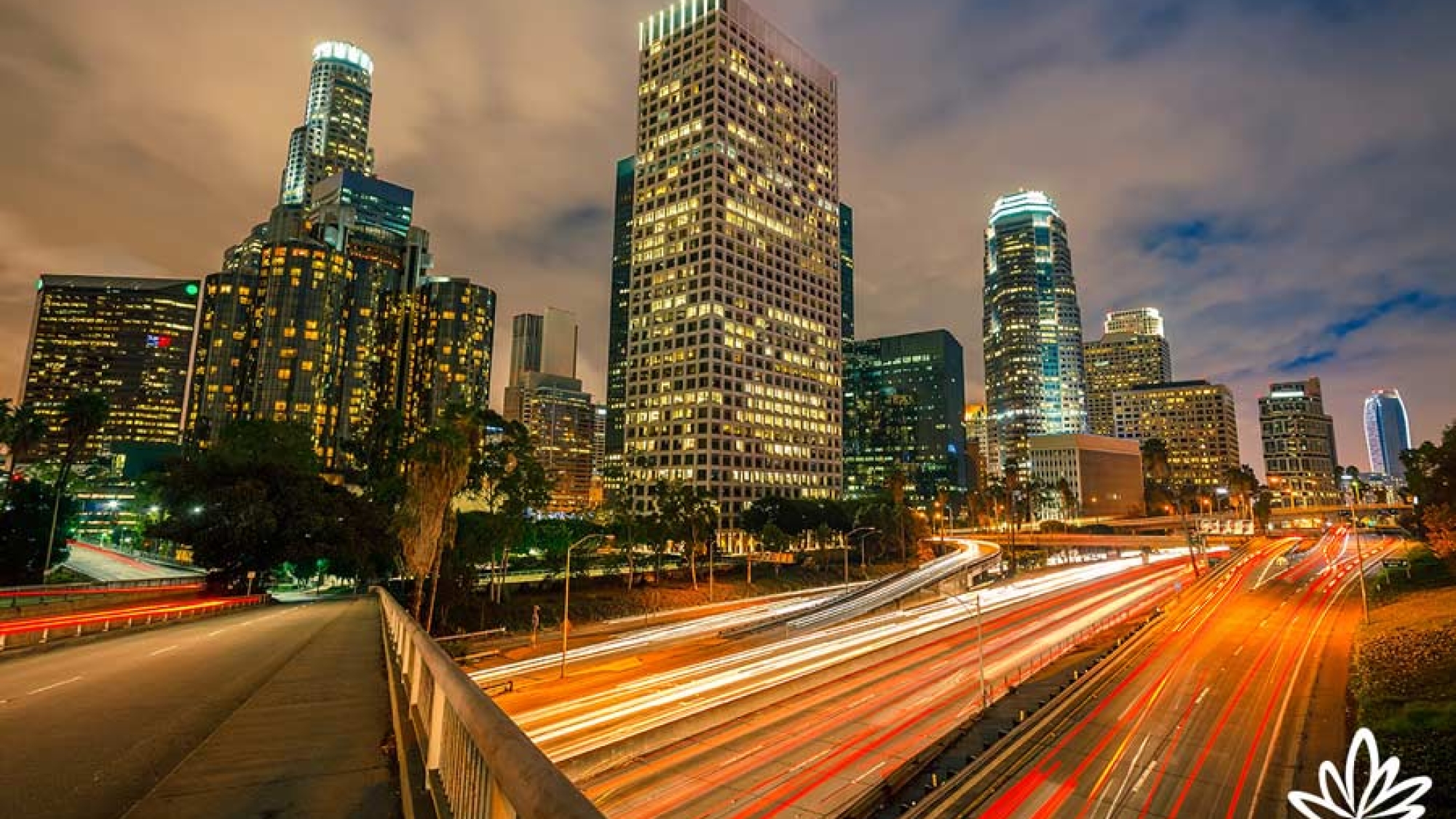Light Pollution: What it Does to Your Body/Mind/Spirit and 5 Easy Ways to Reduce It
In 1994, just before dawn, an earthquake hit LA and caused a city-wide power outage. Many residents who ran out of buildings for safety called 911 to report a mysterious cloud overhead in what was an otherwise clear night. That cloud turned out to be the Milky Way, our own galaxy, hidden for many years by the city’s lights.
We try to light up the night sky for a simple reason: we humans don’t see very well in the dark. But where a little light is a good thing, too much light, or the wrong kind, negatively impacts us, causing a host of undesirable effects, most notably, breast cancer.
The 24-hour cycle, or circadian clock, affects physiologic processes in all living things. These processes include brain wave patterns, hormone production, cell regulation, and other biological activities. Disruption of that rhythm results in ill health, unhappiness, and angst at the soul level.
Melatonin is a naturally occurring hormone which is released in the dark and inhibited by light. While any light at night can interfere with its production, the short blue portion of the light spectrum suppresses melatonin the most.
Exposure to our artificially extended daytime in the modern world leads to sleep problems and sleep problems cause weight gain, stress, depression, diabetes, and cancer. The American Medical Association has recognized light at night as a carcinogen.
The excess light we create in our environment endangers all ecosystems by altering biochemical rhythms that normally ebb and flow with normal light patterns. Perhaps more importantly, we’re losing our connection to the night-time sky, a sky that our ancestors depended on for connection to the cosmos. We lose something essential, some part of ourselves, when we fail to connect to the dark sky and its planets and stars.
Though it’s not as dramatic as a chemical spill, light pollution now rates at the top of the list of chronic environmental issues. In 2016, reputable scientists reported that 99% of the United States and Europe experience light pollution. A third of the planet can no longer see the Milky Way and light pollution is increasing at the alarming rate of 2% per year.
Perhaps even more disturbing is the absence of awe when the night sky is no longer part of our lives. Philosophers have long written about the sacredness of the night sky and its impact on us; somehow a half-lit smoggy sky filled with light pollution just doesn’t take our soul to that place of wonder.
What can you do to preserve the night sky and your health and well-being? Here are 5 easy steps to take:
- Get new light bulbs. LEDs are great for saving energy (and money) but check to ensure that your bulbs are not using the blue-white spectrum. Find lower temp LEDs and compact fluorescents.
- Turn off blue light devices an hour before bedtime. That’s your TV, your iPad, your phone. If you use a reader, use an app that filters out the blue wavelength. That absence of blue light which normally would begin at sundown will allow melatonin to increase, which will lower your body temp, slow your metabolism, and increase leptin, the hormone that reduces appetite. (It was important for early humans that they didn’t get hungry in the middle of the night, because if you’re out foraging for food, you become food) Increased leptin levels play a role in avoiding cardiovascular disease, diabetes, depression, and cancer, especially breast cancer.
- Make sure your bedroom is completely dark. (Turn off the TV!)
- Turn off or shield outdoor lighting at your home.
- Talk to the governing agencies about light pollution in your area; be the one to spear-head a light ordinance or enforce the one already on the books.
Finally, if it’s been a long time since you’ve seen a truly dark night, make plans to go somewhere soon where you can. I spent the Thanksgiving holiday camped at Joshua Tree National Park and I can still feel the grandeur of that night sky. Try it for yourself, it will fill your soul.

